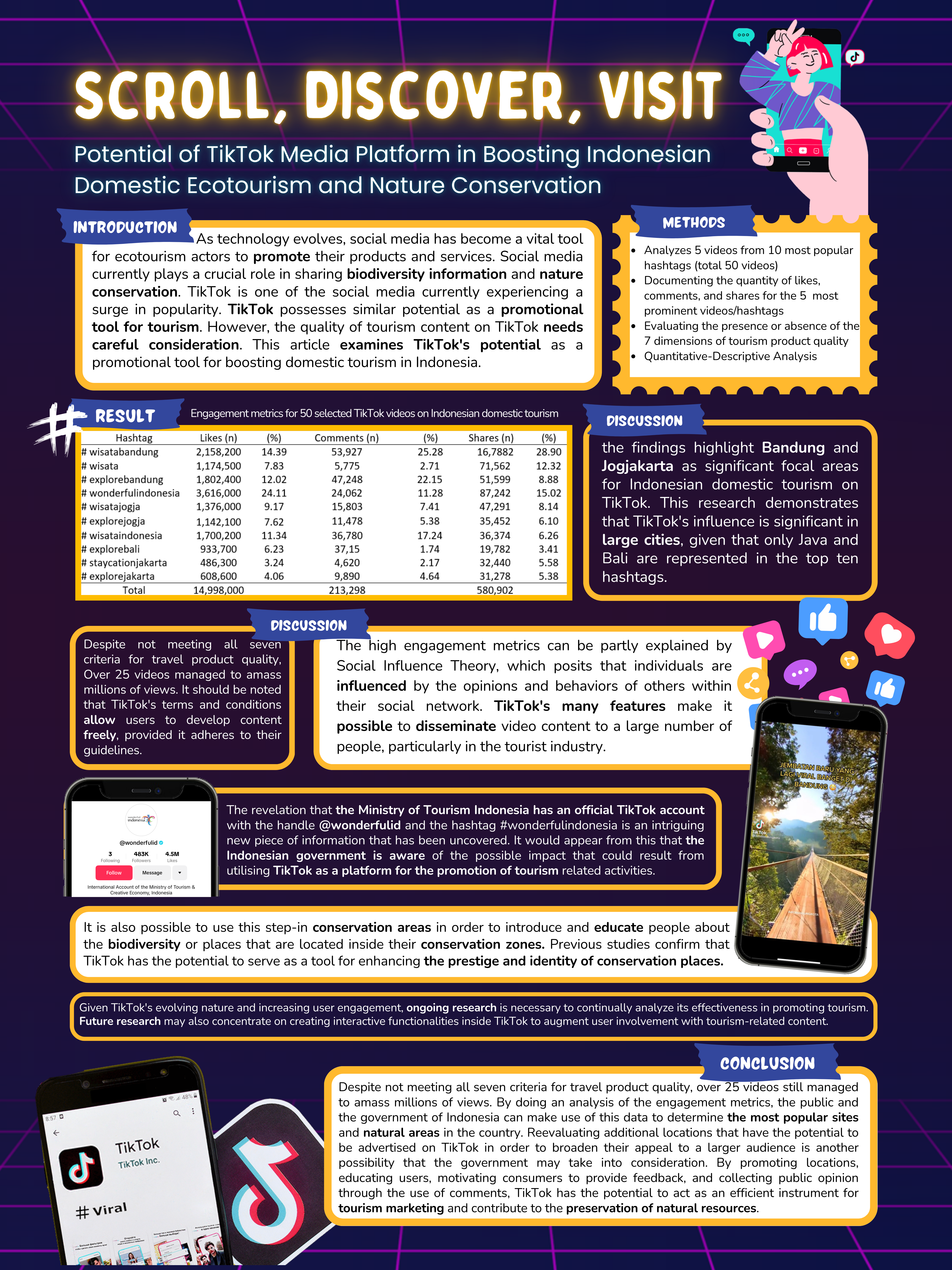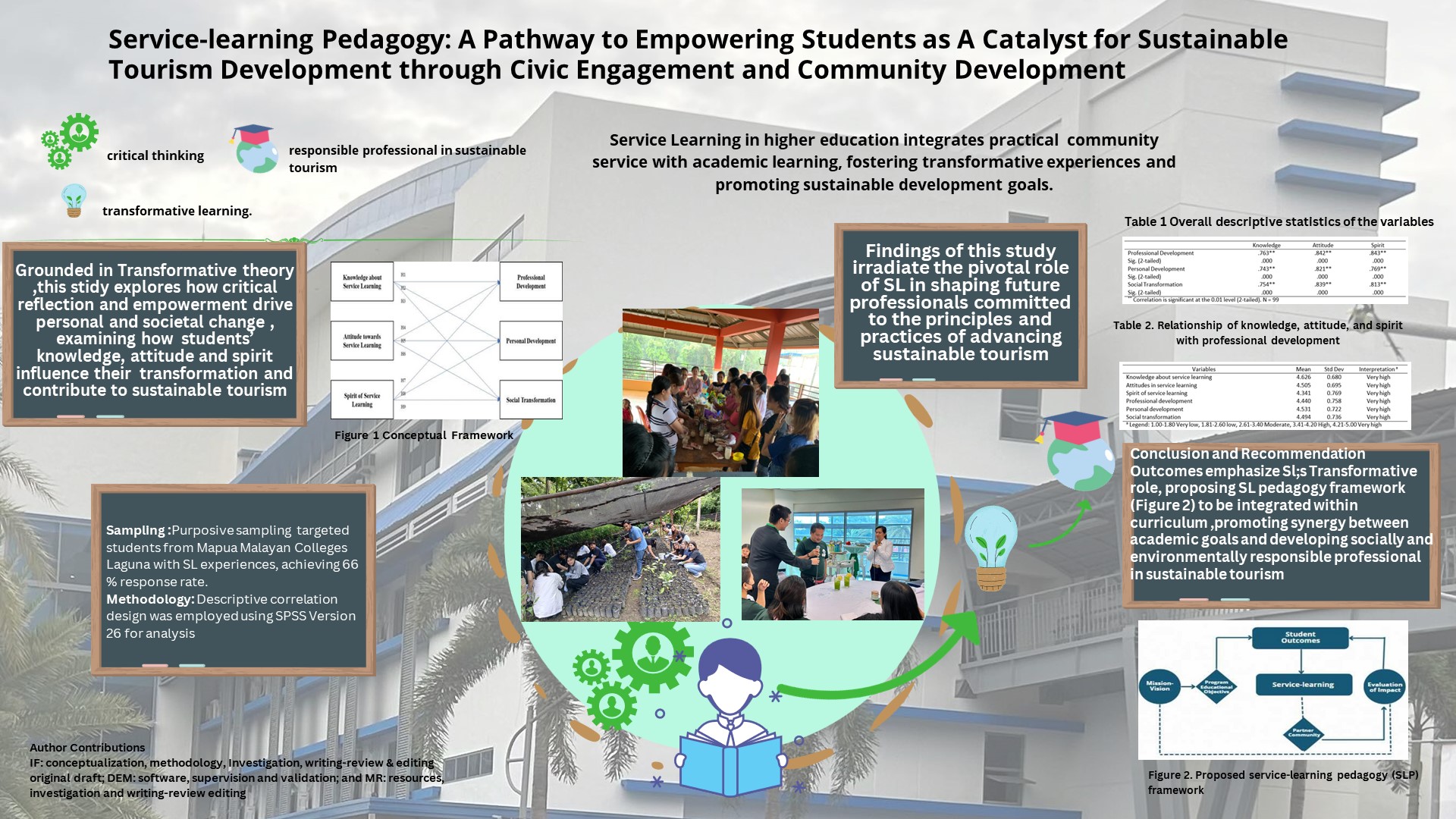Abstract
In response to the increasing interest in local cultures and the preservation of heritage, the tourism industry has evolved beyond traditional leisure and recreation activities. This evolution has led to a surge in initiatives aimed at safeguarding the cultural identity, heritage, and traditions of developing nations. In the context of chin state in Myanmar, the resurgence of tradtitional face tattoos, onece less prevelent, can be attributed to the rising tourism activity in the region. This study hightights how facial tattors have been commercialized within the tourism sector, influenced by religious and ethnic dynamics. The commodification of these facila tattoos has paradoxically contributed to the preservation of this cultural practice among the Chin tribes by imbuing it with symbolic significance in the realm of ethnic tourism. Moreover, the processes of ethnic tourism have played a crucial role in reviving indigenenous knnowledge and promoting cultural sustainability in Myanmar.By intertwining tourism initiatives with the preservation of cultural heritage, ethnic tourism has emerged as a vehicle for revitalizing traditional practices and forstering a deeper appreciation for the cultural identity of the chin tribes. This intertwining of tourism and cultural sustainability underscores the importance of ethnically engaging with local communties and traditions to ensure the authenticity and longevity of cultural heritage in the face of evolving tourism landscapes.
References
2. Nevins, J.; Peluso, N. L. Taking Southeast Asia to Market: Commodities, Nature, and People in The Neoliberal Age. Cornell University Press, 2019.
3. Michalon, M. Tourism (s) and The Way to Democracy in Myanmar. Asia Journal of Tourism Research. 2017. 15.
4. UNDP. Integrated Household Living Conditions Survey in Myanmar (2009-2010). Poverty Profile. 2011.
5. Murphy, P.E. Community Driven Tourism Planning. Tourism Management. 1988, 9(2), 96-104.
6. Hvenegaard, G. T. Tourists, Ecotourists, and Birders at Doi Inthanon National Park, Thailand. Doctoral Dissertation. 1996.
7. Thompson, B. S.; Gillen, J.; Friess, D. A. Challenging the Principles of Ecotourism: Insights from Entrepreneurs on Environmental and Economic Sustainability in Langkawi, Malaysia. Journal of Sustainable Tourism. 2018, 26(2), 257-276.
8. Telfer, D. J.; Sharpley, R. Tourism and Development in the Developing World. Routledge, 2015.
9. Dolezal, C.; Trupp, A. Tourism and Development in South-East Asia. ASEAS: Austrian Journal For South-East Asian Studies. 2015, 8(2), 117-124.
10. Eriksen, T. H. Ethnicity and Nationalism: Anthropological Perspectives. Pluto Press, 2002.
11. Leepreecha, P. The Politics of Ethnic Tourism in Northern Thailand. Workshop on Mekong Tourism: Learning Across Borders, 2005, 25.
12. MacCannell, D. The Tourist. New York, Routledge, 1976.
13. Nash, D. Anthropology of Tourism. Oxford, Pergamon, 1996.
14. Cohen, E. Toward a Sociology of International Tourism. Social Research. 1972, 1, 164-182.
15. Turner, V. From Ritual to Theatre: The Human Seriousness of Play. Performing Arts Journal Publication, 1998.
16. Adams, K. M. Making up the Toraja? The Appropriation of Tourism, Anthropology, and Museums for Politics in Upland Sulawesi, Indonesia. Ethnology., 1995, 34(2), 143-153.
17. Cohen, E. Thai Tourism: Hill Tribes, Islands and Open-ended Prostitution. Collected Papers, 1996.
18. Nash, D.; Akeroyd, A. V.; Bodine, J. J.; Cohen, E.; Dann, G.; Graburn, N. H.; Hermans, D.; Jafari, J.; Kemper, R. V.; Laflamme, A. G.; Manning, F. Tourism as an Anthropological Subject. Current Anthropology., 1981, 22(5), 461-481.
19. Yang, L. Ethnic Tourism and Cultural Representation. Annals of Tourism Research. 2011, 38(2), 561-585.
20. Greenwood, D. J. Tourism as an Agent of Change: A Spanish Basque Case. Ethnology., 1972, 11(1), 80-91.
21. Cohen, E. The Study of Touristic Images of Native People: Mitigating the Stereotype of a Stereotype. Tourism Research: Critiques and Challenges., 1993, 36-69.
22. MacCannell, D. Reconstructed Ethnicity Tourism and Cultural Identity in Third World Communities. Annals of Tourism Research. 1984, 11(3): 375-391.
23. Urry, J. The Tourist Gaze and the Environment. Theory, Culture, and Society. 1992, 9(3), 1-26.
24. Cohen, E. Thai Tourism: Hill Tribes, Islands and Open-ended Prostitution, Collected Papers.1996.
25. Reed, S. A. The Politics and Poetics of Dance. Annual Review of Anthropology., 1998, 27(1):503-532.
26. Meyer, M. Dance and The Politics of Orality: A Study of the Irish Scoil Rince. Dance Research Journal. 1995, 27(1), 25-39.
27. Briggs, C. L. The Politics of Discursive Authority in Research on the “ Invention of Tradition.” Cultural Anthropology., 1996, 11(4), 435-469.
28. Hanna, J. L. To Dance is Human: A Theory of Nonverbal Communication. University of Chicago Press, 1987.
29. Goodman, L. A. Snowball sampling. The annals of mathematical statistics. 1961, 1, 148-170.
30. Parker, C.; Scott, S.; Geddes, A. Snowball Sampling. SAGE research methods foundations. 2019.
31. Oo, N. Capturing Opportunity: Myanmar’s Hotel and Tourism Boom. [Internet] Available from: https://www.tilleke.com/insights/capturing-opportunity-myanmars-hotel-and-tourism-boom/ , cited 2023 June 22].
32. Lian, S. H. Christianity and the State of Religious Freedom in Burma/Myanmar’s Chin State. International Journal for Religious Freedom. 2021, 14(1/2), 105-121.
33. Scott, J. C. Weapons of the weak: Everyday Forms of Peasant Resistance. Yale University Press, 1985.
Authors

This work is licensed under a Creative Commons Attribution 4.0 International License.
Authors submitting manuscripts should understand and agree that, upon publication, the manuscripts will be licensed under a Creative Commons Attribution (CC BY) license. This means that others are free to share, adapt, and build upon the work for any purpose, even commercially, as long as they give appropriate credit to the authors for the original creation.


